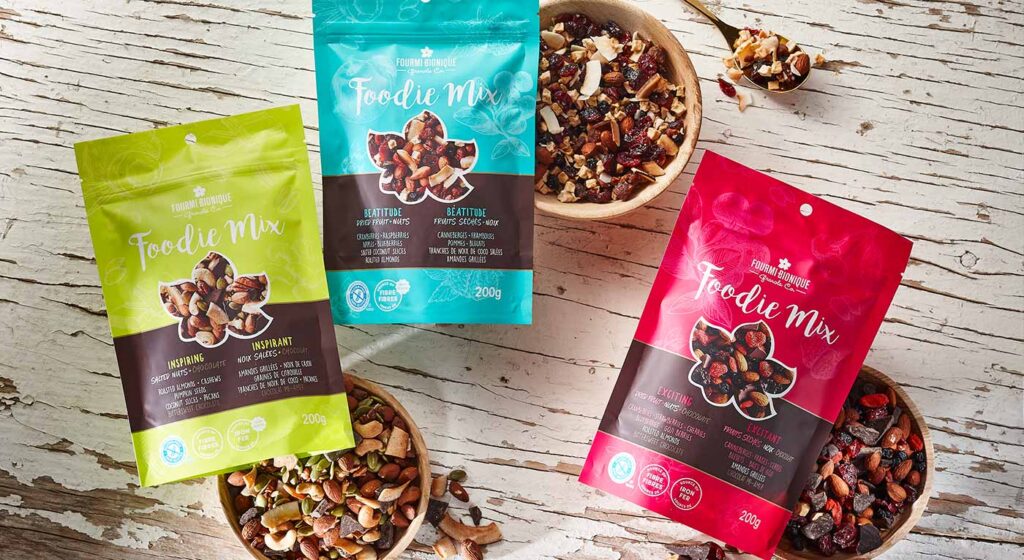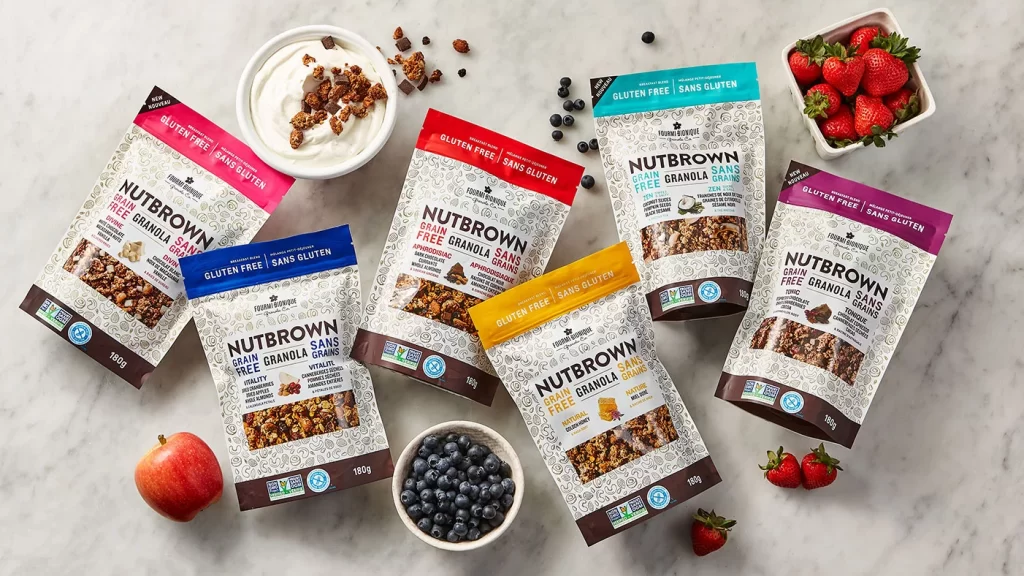Face à la malbouffe, certains médecins, nutritionnistes, médias et bien d’autres, ont contribué à véhiculer une véritable phobie, non seulement des sucres raffinés, mais aussi des glucides en général. Il importe toutefois de veiller à ne pas tout confondre.
Ne pas confondre sucres raffinés et glucides
Derrière les glucides, ce sont en réalité les sucres qui sont plutôt condamnés. Le sucre à plusieurs noms qui peuvent parfois le dissimuler. Il peut y avoir du saccharose (un autre terme pour le sucre), du sirop de glucose ou encore de sirop de canne évaporé… Souvent, les produits contiennent également du glucose pur (glucose), du fructose, du sucre de lait (lactose) ou du maltose (maltose). Tous ces sucres sont des sucres industriels raffinés, qu’ils proviennent du lait ou des fruits.
Les effets de ces sucres sur la santé sont similaires à ceux des sucres blancs que vous avez chez vous. Or les sucres raffinés sont considérés par beaucoup comme nuisibles pour l’organisme. Certains parlent même de «Poison».
Sucre raffinés et glucides, quelle différence?
Comment faire la différence? Certainement pas avec la couleur. 90 % du sucre blanc est issu de la betterave et n’a pas été raffiné alors que la cassonade est un sucre raffiné issu de la canne à sucre, qui doit sa couleur à un procédé industriel pour le blanchir.
Les glucides simples comprennent le glucose, le fructose et le galactose qui peuvent à leur tour former du saccharose c’est-à-dire du sucre de table, du lactose ou du maltose. Les glucides complexes quant à eux comprennent l’amidon, le glycogène ainsi que les fibres.
Un sucre raffiné est un sucre duquel on a retiré toutes ses vitamines et ses minéraux. Il n’a donc aucun intérêt nutritionnel hormis celui d’apporter de l’énergie pure à votre corps, mais sur un délai très court. Puis le surplus d’énergie est rapidement stocké dans votre organisme.

Le sucre raffiné un poison?
Le sucre raffiné est aujourd’hui associé à de plus en plus de maux : Addictions, santé mentale, carences, surpoids, mémoire, hypertension et maladies cardiaques. Nous ne détaillerons pas tout ici car il existe des centaines d’articles à ce sujet. Voici de quoi lire pour quelques jours. Source Top Santé.
Les bienfaits des sucres non raffinés?
- Les sucres non raffinés n’ont pas subi de transformation industrielle. Et cela les rends moins néfastes pour la santé. Certains ont même des bienfaits reconnus.
- Le miel : Riche en vitamines B, en oligo-éléments, en acides aminés et en sels minéraux.
- Le sirop d’érable : Riche en fer, phosphore, potassium et magnésium.
- Le sucre de canne : Riche en vitamines et sels minéraux
- Le sucre de coco : Riche vitamines et des minéraux, notamment des polyphénols, du potassium en quantité importante.
- Le fructose : Pouvoir sucrant plus important et effet durable de satiété.
C’est tout simplement pour cela que La Fourmi privilégie ces sucres non raffinés dans toutes ces recettes! Nous achetons des produits purs, biologiques, équitables et/ou locaux, dont nous contrôlons la provenance et la qualité.


